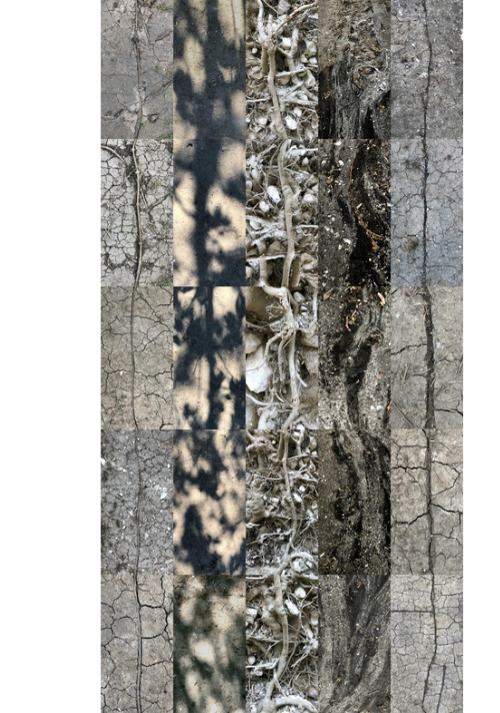Dr Shirley Chubb, University of Chichester & Dr Clair Hebron, University of Brighton

This project will use portable and wearable technologies to document transversal explorations of landscapes and walking with pain. The project brings together arts, physiotherapy and anthropology researchers and partner-walkers from six countries in Canada, New Zealand, Norway, Philippines, Sweden and the UK.
Persistent pain affects more than 30% of people worldwide and is a burden to the economy, individuals and their families. Qualitative pain research is dominated by interview data where researchers narrate experiences of pain and disseminate findings within academic communities.
Preliminary Wellcome Trust funded research by Chubb et al identified an innovative UK based process using film and biomechanical data to explore personalised real-world experiences of walking with persistent low back pain http://significantwalks.com/. However, this study did not consider the wider context of walking, and its dissemination remained predominantly within academic communities. The Posthuman Walking Project will redefine this approach, increasing understanding of the relationship between different environments and those experiencing pain when walking. These meaningful walks will illuminate how distinct cultural and socioeconomic communities become entangled with place, climate and purpose whilst walking for work or leisure. For example, in high humidity rural environments or bustling urban markets in the Philippines; exploring high density urban environments and coastal sites in the UK; walking through snow in Canada or Sweden; walking in 24-hour darkness or light in northern Norway.
Researcher academics at each university will each invite up to two partner-walkers to be central to the process across, and beyond, the project’s initial year. Walker profiles will include varied cultural and socioeconomic profiles and pain experiences, such as musculoskeletal pain, or pain related to conditions like Fibromyalgia and long Covid.
A project website, a thirty-minute podcast and two, six-minute films will be developed to act as vehicles capturing the learning, exchange and issues gathered by and with each landscape location, and the accumulated documentary evidence generated across the project period. These representations of comparative experience will be potentially relatable to transversal communities of researchers and persons living with pain.

